Introduction
Chorizo is a true delicacy made from chopped pork meat, pork fat, and various herbs and spices. Sadly, chorizo is not a dog-friendly food – it is loaded with ingredients dogs cannot digest and therefore poses a severe health risk.
Even if offered in tiny amounts, chorizo can wreak havoc on the dog’s digestive system. Therefore, it is best to keep the chorizo as far away as possible from the dog’s food bowl and stick to regular dog treats.
Why is Chorizo Not Safe for Dogs?
Chorizo is an unhealthy food choice for dogs because of various ingredients – from the raw nature of the meat through the flavor-boosting ingredients to the addition of different spices.
To make things simpler for understanding, let’s take a closer look at the reasons your dog must not eat chorizo.
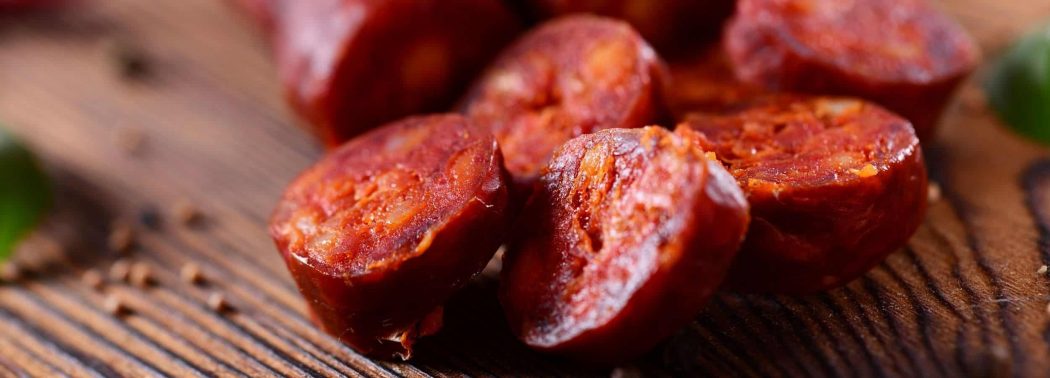
An Empty Calorie
First of all, chorizo is an empty calorie. This means that chorizo does not offer any health benefits or nutrients for the dog. In simple words, there is no objective reason for giving your dog chorizo.
Too Much Fat
Considering chorizo is made of pork meat, it is safe to assume it is too fatty for dogs. Dogs need moderate amounts of fats. However, pork has more than average fat levels. Have you ever seen a commercially available dog food formula with pork? Well, the reason you haven’t is the pork meat’s fat content.
Pancreatitis
The high-fat content in chorizo poses another danger – it can trigger a severe and rather painful bout of pancreatitis. If left untreated, pancreatitis is a potentially fatal condition. Even when managed, it tends to reoccur and transform into a chronic disease.
Salt, Salt, and Salt
One of the main ingredients in chorizo is salt. As a mineral, salt is essential for the body but in particularly small amounts. If overly present in the food, it increases the risk of dehydration, especially in dogs with pre-existing kidney problems and hypertension (high blood pressure). In excess amounts, it can cause salt intoxication.
Tons of Spices
The rich and savory flavor of the chorizo is due to the variety of spices, including hot additions like cayenne pepper and black pepper. The dog’s stomach is not designed to process spices, and if overburdened, it may sustain damage in the form of ulcers.
Includes Nitrates
Meat products are usually preserved using nitrates. While nitrates are not very dangerous, nitrites are. Namely, once consumed, the nitrate preservatives change and transform into nitrites. These newly formed compounds are extremely dangerous, and in humans, they have been linked with various types of cancer.
Raw Meat Issues
While some chorizo recipes are made to be cooked, others are intended for raw use. Despite the ongoing hype about raw foods, they are pretty dangerous and can lead to serious infections. For example, serving your dog raw pork meat can result in parasitic (Trichinella spiralis), bacterial (Salmonella & Escherichia coli), and viral (Aujeszky’s disease) infections.
Signs Your Dog has Eaten Chorizo
What happens after a dog eats chorizo depends on several factors, including – the amount of chorizo consumed and the dog’s age, size, and overall health profile.
Obviously, if a Bernese mountain dog eats a slice of chorizo, it will not have any side effects. However, if a Bichon Frise devours the entire chorizo roll, a severe tummy upset is bound to happen.
The dog’s age matters, too, as puppies are more sensitive to delicate foods. Plus, dogs with compromised health (diabetes, high blood pressure, kidney conditions) are more susceptible to the chorizo’s side effects.
All in all, if your dog stole and ate some chorizo, you should be on the lookout for the following signs and symptoms:
- Diarrhea
- Vomiting
- Gassiness
- Abdominal pain
- Cramping
- Appetite loss
- Dehydration
- Lethargy
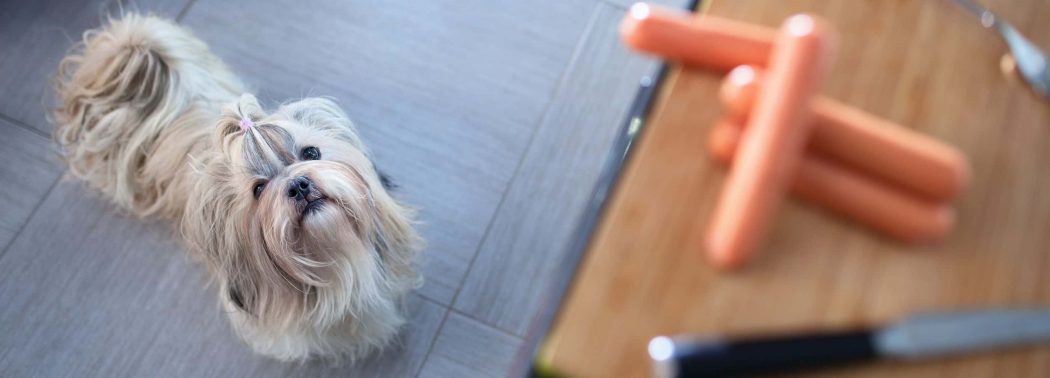
What to Do If My Dog Ate Chorizo?
If your dog ate chorizo, you need to be proactive and call the vet. It would be best if you remained calm and carefully explained to the veterinarian what happened. Based on the information you provide, the vet will decide what happens next.
If the chorizo did not contain directly harmful ingredients and your dog is acting normal, the vet will probably recommend to “wait and see” and feed bland diet in the meanwhile. On the other hand, if the chorizo contains a toxic ingredient/spice or your dog is starting to feel unwell, the vet will request to see your dog in person.
Frequently Asked Questions
The answer depends on the type and amount of spices in the recipe. In general, soy chorizo is healthier – it is free from raw meat and contains 60% fewer calories than the regular version. However, if heavily spiced, it is not a suitable choice for dogs.
Cooked chorizo is a safer alternative in terms of food poisoning and infections with bacteria and parasites. However, it is still heavily salted and loaded with spices. Therefore, the final verdict would be that dogs cannot eat cooked chorizo.
No, dogs must not eat raw chorizo. Raw chorizo is a health hazard for dogs on various levels and can have serious consequences. It is highly recommended to avoid giving your dog any raw food, including chorizo.
Summary
As tempting as it might be, you must refrain from sharing your chorizo snack or dish with your dog. Just because something is made from meat does not mean it is safe for dogs.
Chorizo contains tons of potentially troublesome ingredients and can have adverse health effects even if served in tiny amounts. The severity of the effects increases if the chorizo is overfed – given too often or in large quantities.
If you are eating chorizo and your dog is begging for a bite, do not get fooled. Instead, give your pet a healthy and safe (homemade or commercial) dog snack.
Sources
- Fat in Dog Nutrition, Elmo’s Kitchen, 2021
- Overview of Salt Toxicity, Larry J. Thompson, 2016
- Homeopathy for Animals-Veterinary Homeopathy, Hompath, 2017
- 5 Toxic Foods to Avoid Feeding Pets, Veterinary Pet Insurance, 2021
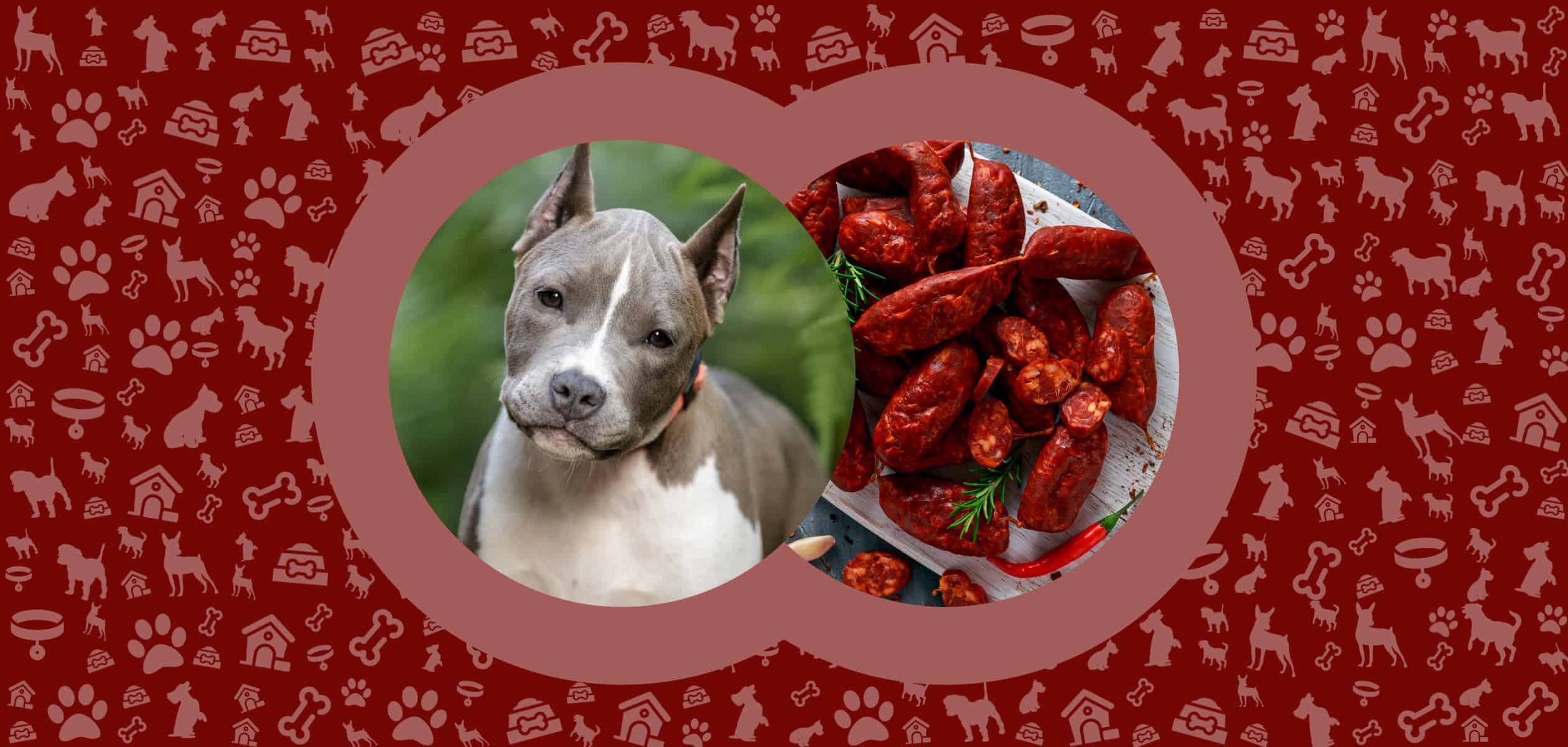
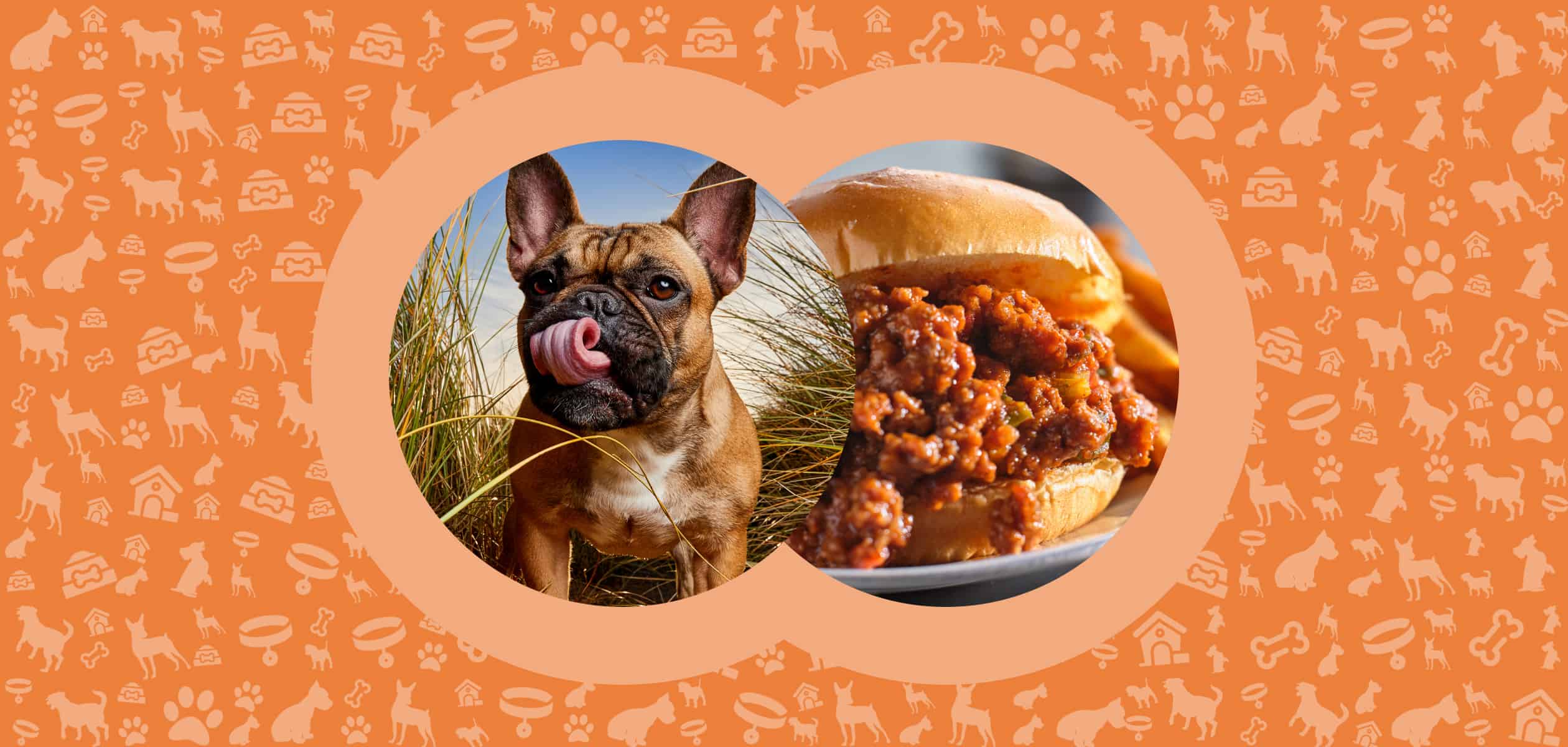
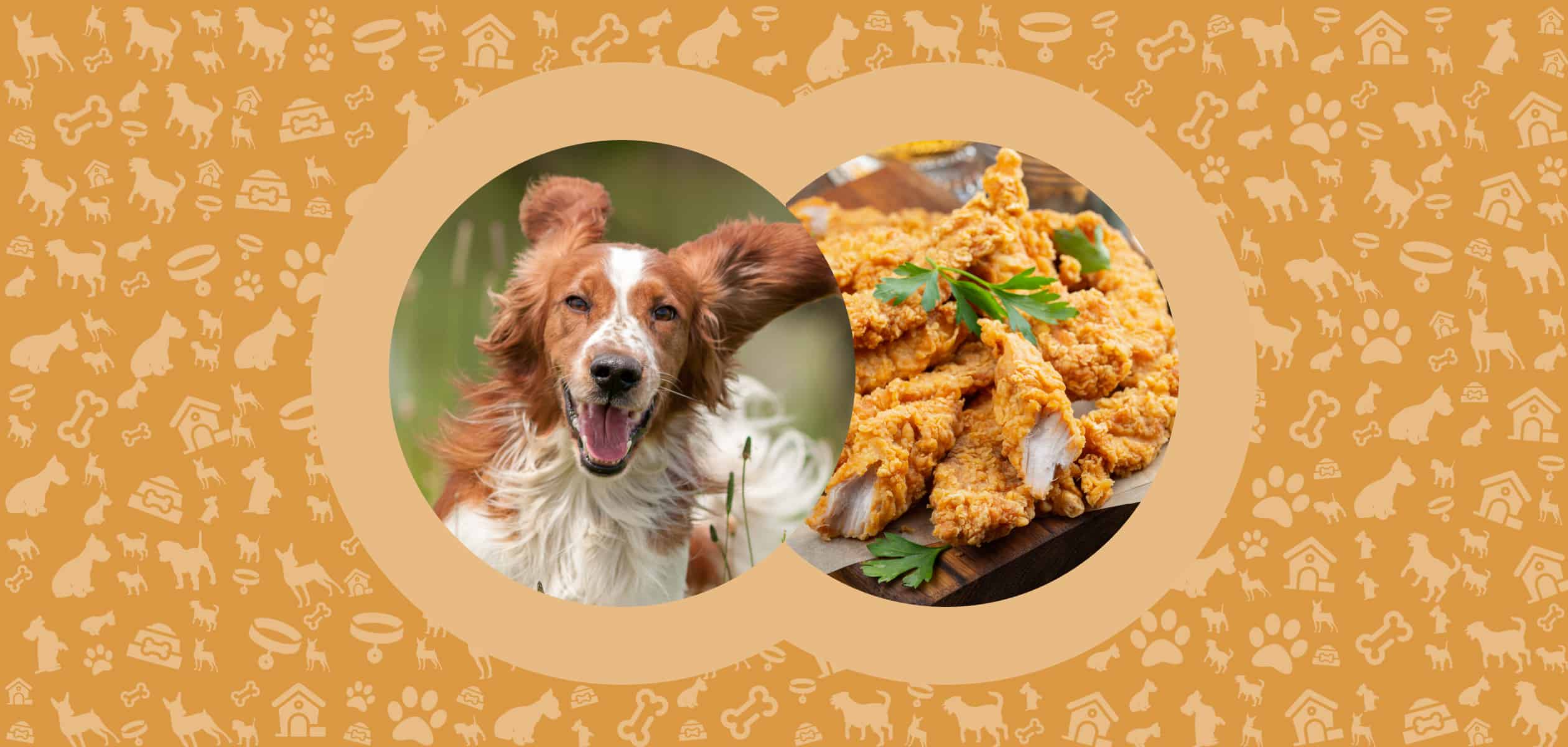
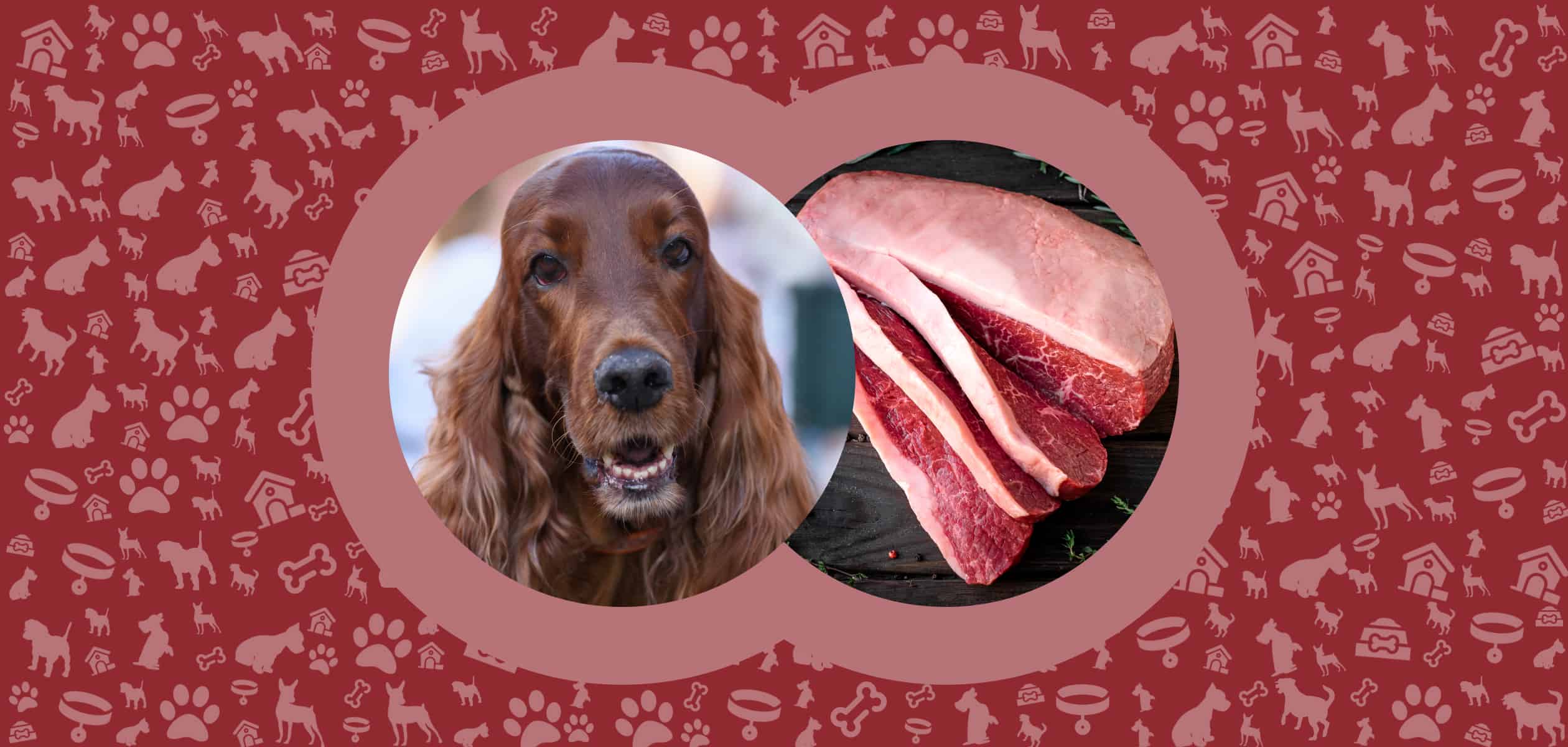
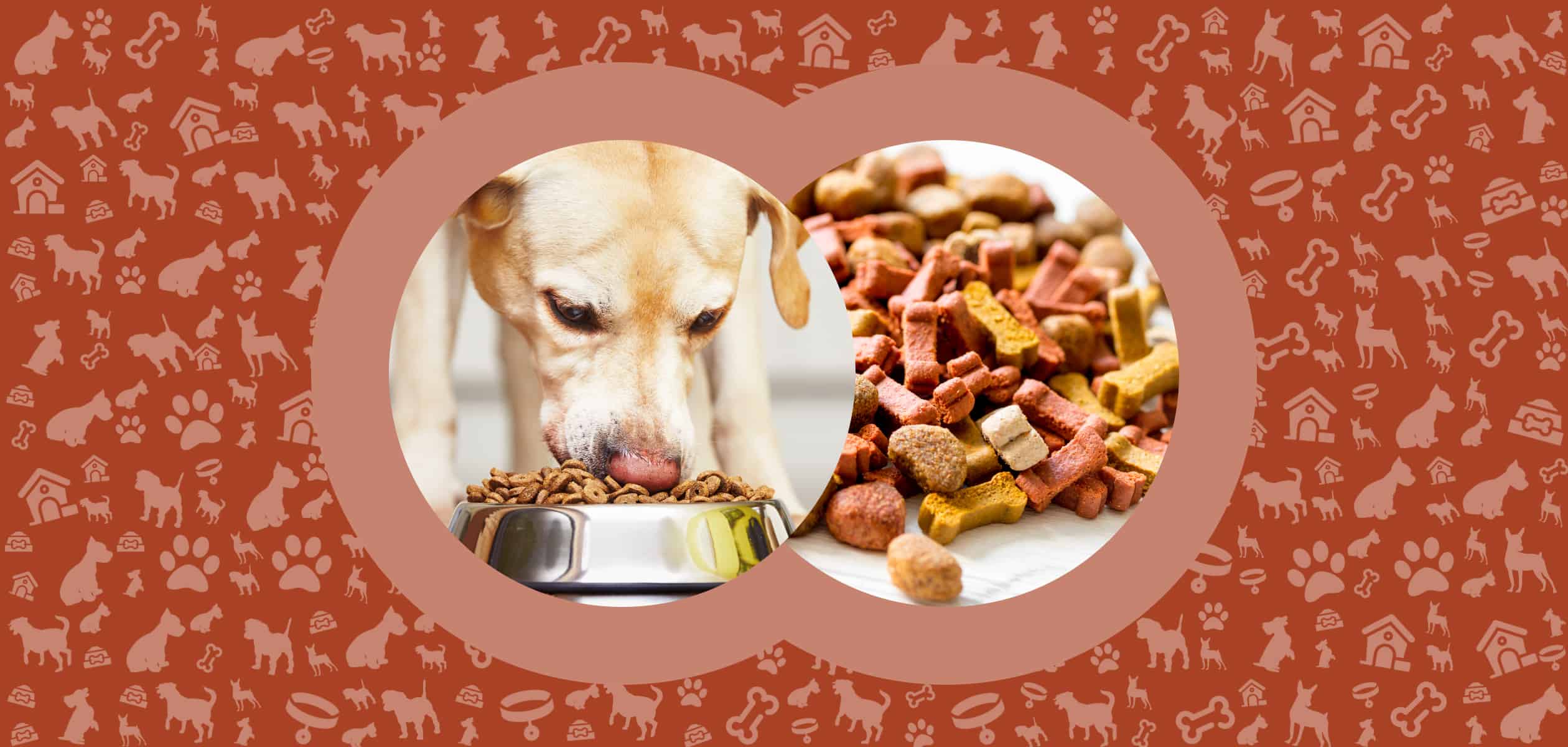
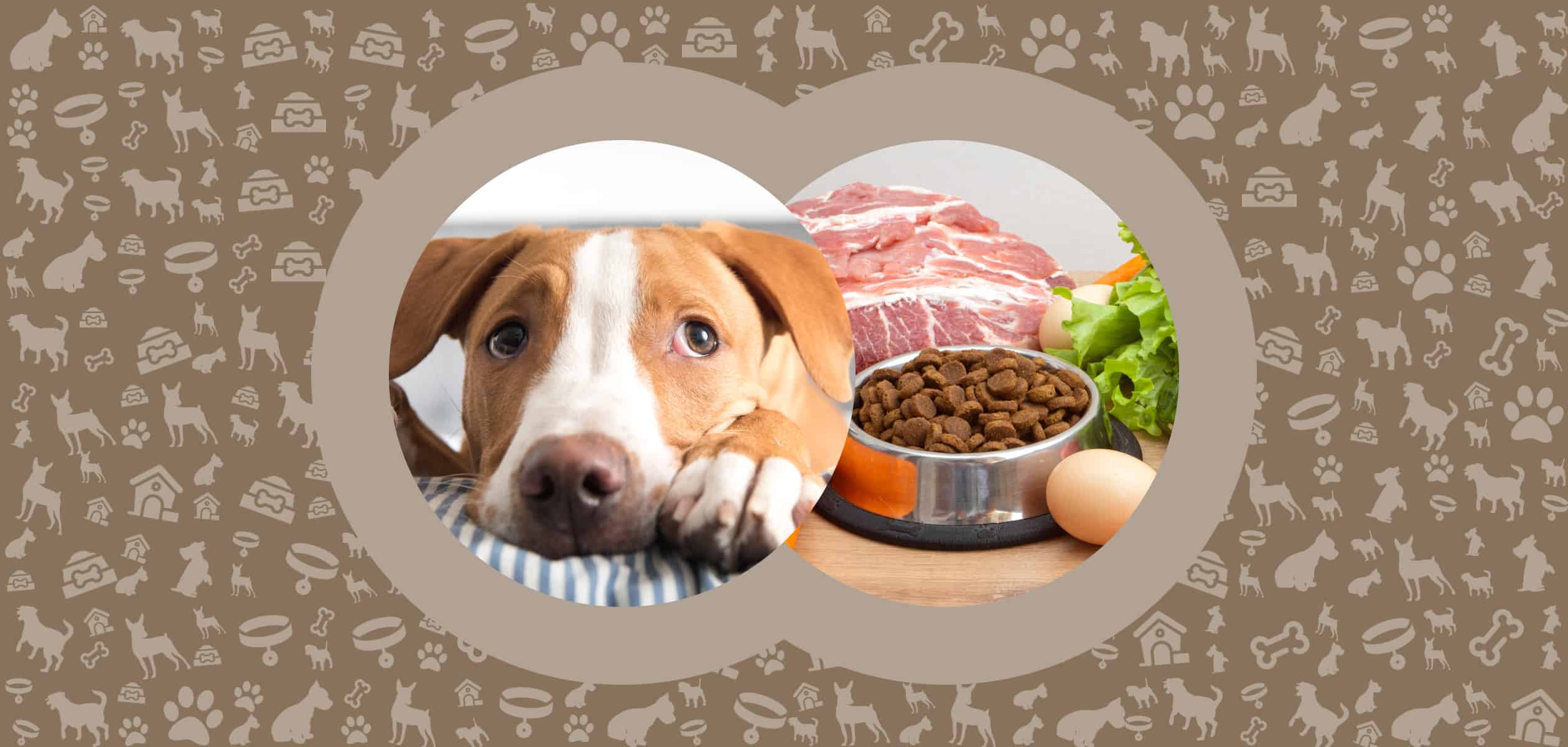
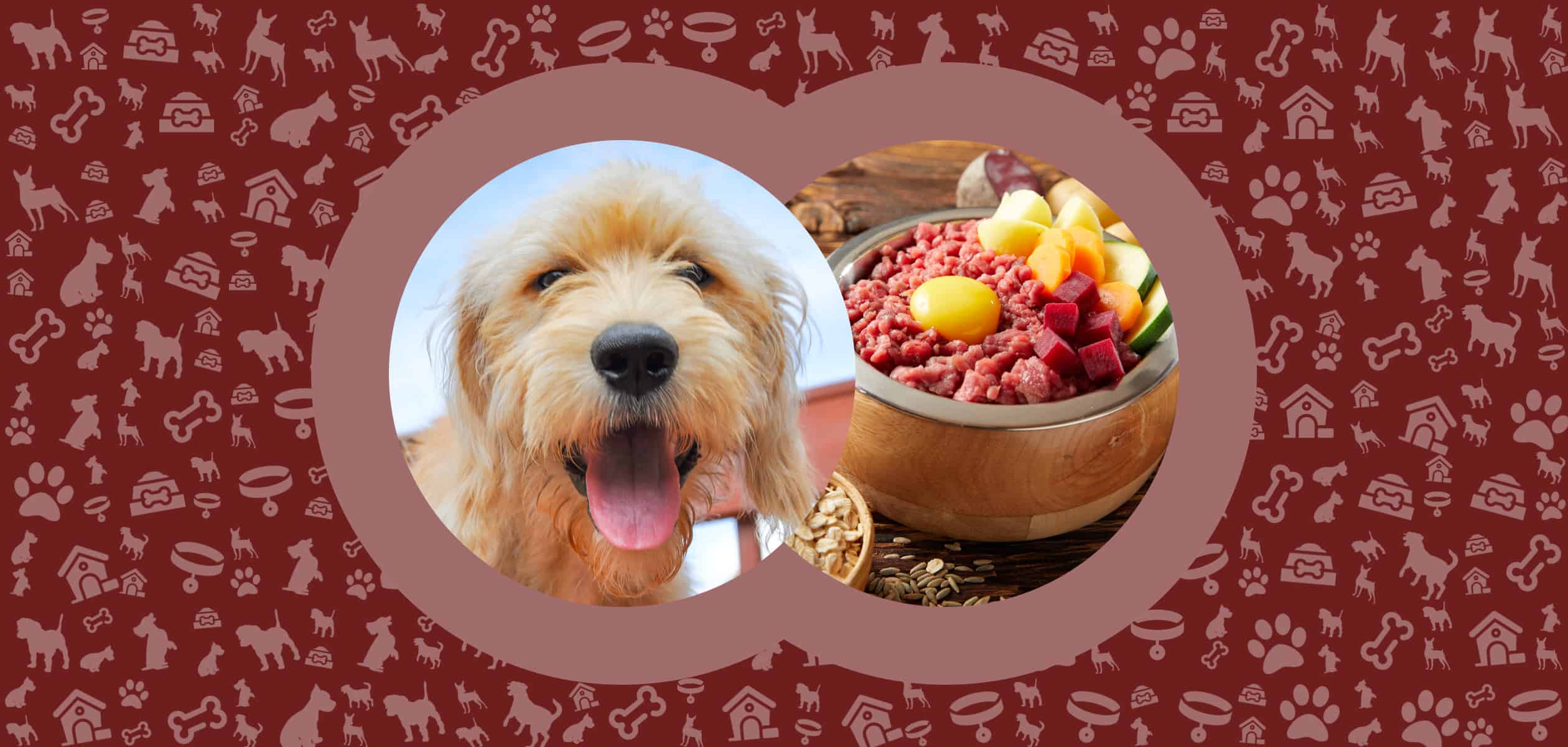
Leave a Comment